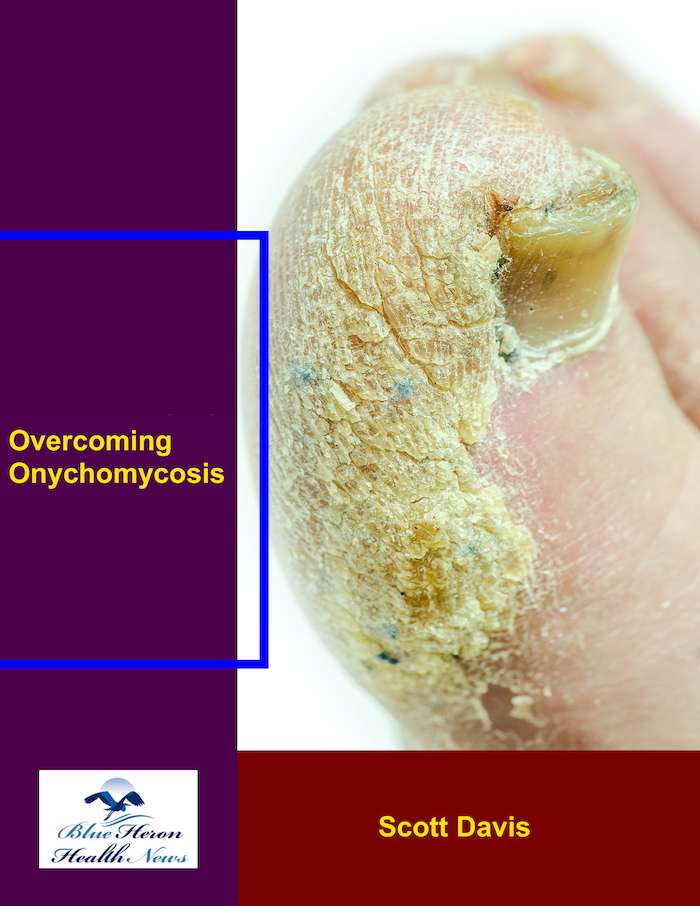
Overcoming Onychomycosis™ By Scott Davis It is a simple, natural, and all-in-one solution for onychomycosis. The program can help you to treat your nail fungus naturally. Once you follow this program, you do not need to spend on expensive treatments to prevent a recurrence. In brief, you can have a proven solution for your chronic nail fungus. Besides, the program is easy to follow, and most users find it effective against onychomycosis.
How can one manage acid reflux during pregnancy?
Managing acid reflux (also known as heartburn or GERD) during pregnancy can be challenging, as hormonal changes and the growing uterus can increase pressure on the stomach, leading to more frequent acid reflux episodes. However, there are several safe and effective ways to reduce or prevent acid reflux symptoms during pregnancy. Here are strategies for managing acid reflux during pregnancy:
1. Eat Smaller, More Frequent Meals:
- Smaller Portions: Eating smaller meals throughout the day, rather than large meals, can help reduce pressure on the stomach and prevent acid reflux.
- Frequent Meals: Aim to eat five to six small meals a day, which can help keep digestion more manageable and minimize the risk of acid rising into the esophagus.
2. Avoid Trigger Foods:
- Certain foods are more likely to cause acid reflux. While triggers can vary from person to person, common offenders during pregnancy include:
- Spicy Foods: Chili peppers, hot sauce, and other spicy ingredients.
- Fried or Fatty Foods: These foods can slow digestion and increase the risk of heartburn.
- Citrus Fruits and Juices: Oranges, lemons, and other citrus fruits, as well as their juices, can increase stomach acid production.
- Tomato-Based Foods: Foods like pasta sauce, pizza, and salsa can trigger heartburn.
- Caffeinated Drinks: Coffee, tea, and soda can stimulate acid production and worsen reflux.
- Chocolate and Peppermint: Both are known to relax the lower esophageal sphincter (LES), allowing acid to escape from the stomach into the esophagus.
3. Stay Upright After Eating:
- Avoid Lying Down After Meals: Refrain from lying down for at least 2-3 hours after eating. Staying upright helps gravity keep stomach acid down, preventing it from flowing back into the esophagus.
- Gentle Walking: Taking a gentle walk after eating can aid digestion and reduce reflux symptoms.
4. Sleep with Your Head Elevated:
- Elevate the Head of the Bed: Raising the head of the bed by 6-8 inches can help prevent nighttime acid reflux by keeping stomach acid down while sleeping. You can do this by using wedges or risers under the bed’s headboard.
- Use Extra Pillows: If you can’t elevate the bed, using extra pillows to elevate your upper body can also reduce nighttime heartburn.
5. Wear Loose-Fitting Clothes:
- Avoid Tight Clothing: Wearing tight clothing around the waist can put pressure on your stomach, increasing the risk of acid reflux. Opt for loose, comfortable clothing, especially around the abdomen.
6. Avoid Eating Close to Bedtime:
- Time Your Last Meal: Try to have your last meal or snack at least 3 hours before going to bed. This gives your body time to digest the food and reduces the risk of acid reflux while lying down.
7. Stay Hydrated Between Meals:
- Drink Fluids Between Meals: Drinking large amounts of fluids during meals can increase stomach pressure and cause acid to flow back into the esophagus. Instead, try sipping water throughout the day and between meals.
- Hydrate Regularly: Drinking plenty of water helps with digestion and can also prevent dehydration, a common issue during pregnancy.
8. Chewing Gum:
- Stimulate Saliva Production: Chewing sugar-free gum after meals can help neutralize stomach acid by increasing saliva production. Saliva acts as a natural acid buffer and helps clear acid from the esophagus.
9. Consider Safe Medications:
- Antacids: Over-the-counter (OTC) antacids like calcium carbonate (Tums) are generally considered safe during pregnancy and can provide fast relief by neutralizing stomach acid. However, avoid antacids containing aluminum (such as aluminum hydroxide) or sodium bicarbonate, as these may not be safe during pregnancy.
- H2 Blockers: If lifestyle changes and antacids don’t provide relief, H2 blockers such as ranitidine (Zantac) or famotidine (Pepcid) may be recommended by your healthcare provider. These medications reduce the production of stomach acid and are generally considered safe for use in pregnancy.
- Proton Pump Inhibitors (PPIs): If reflux symptoms are severe and not controlled with other measures, PPIs like omeprazole (Prilosec) may be prescribed, though these are typically used after other treatments have been tried.
10. Avoid Smoking and Alcohol:
- Quit Smoking: Smoking can relax the lower esophageal sphincter (LES), allowing stomach acid to reflux more easily. Quitting smoking is crucial for both acid reflux management and overall pregnancy health.
- Avoid Alcohol: While alcohol is generally discouraged during pregnancy, it also exacerbates acid reflux by irritating the lining of the esophagus and relaxing the LES.
11. Maintain a Healthy Weight:
- Weight Management: Excess weight, especially around the abdomen, can increase the pressure on the stomach, worsening reflux symptoms. Maintaining a healthy weight during pregnancy can help reduce this pressure.
12. Eat Slowly and Chew Thoroughly:
- Mindful Eating: Eating too quickly can contribute to acid reflux. Chew food slowly and thoroughly to aid digestion and reduce the chances of heartburn.
13. Manage Stress:
- Stress Reduction: Emotional stress can worsen acid reflux. Engaging in relaxation techniques such as prenatal yoga, meditation, or deep breathing exercises can help manage stress and alleviate reflux symptoms.
When to See a Doctor:
If lifestyle changes and medications do not provide relief, or if symptoms of acid reflux become severe (such as difficulty swallowing, unintentional weight loss, or persistent vomiting), it’s important to consult a healthcare provider. Severe GERD can lead to complications such as esophagitis or other conditions that may require medical intervention.
Conclusion:
Managing acid reflux during pregnancy involves a combination of dietary and lifestyle changes, along with the safe use of medications if necessary. By eating smaller meals, avoiding trigger foods, staying upright after eating, and making other adjustments, many pregnant women can significantly reduce the discomfort of acid reflux. Always consult a healthcare provider before starting any medications during pregnancy to ensure safety for both mother and baby.
Overcoming Onychomycosis™ By Scott Davis It is a simple, natural, and all-in-one solution for onychomycosis. The program can help you to treat your nail fungus naturally. Once you follow this program, you do not need to spend on expensive treatments to prevent a recurrence. In brief, you can have a proven solution for your chronic nail fungus. Besides, the program is easy to follow, and most users find it effective against onychomycosis.
